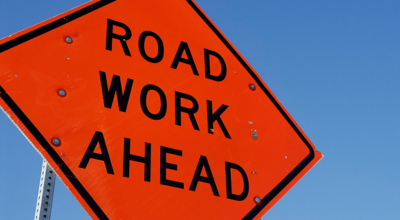County could lose funds due to census response
Published 12:32 pm Wednesday, June 10, 2020
|
Getting your Trinity Audio player ready...
|
Charlotte County is below the national and Virginia rates when it comes to responding to the 2020 census, and that could impact federal funds and services the county receives over the next 10 years.
The current response rate of 54.9% in Charlotte County is 11% below the statewide average of 65.9%. These rates, according to Peter DuMont with the Alliance Group, are mail-in rates. Charlotte County’s internet response rates are 16.7%.
The national response rate is 60.7%.
“In 2010, the county ended up 23% below Virginia’s self-response rate,” DuMont said. “Charlotte County has traditionally had a low response rate.”
Over the next decade, lawmakers, business owners, and many others will use the 2020 census data to make critical decisions. The results will show where communities need new schools, new clinics, new roads, and more services for families, older adults, and children.
The results will also inform how hundreds of billions of dollars in federal funding are allocated to more than 100 programs, including Medicaid, Head Start, block grants for community mental health services, and the Supplemental Nutrition Assistance Program (SNAP).
Tasha Chambers, media specialist for the Philadelphia Region of the U.S. Census Bureau, said every individual who fills out the census has a financial impact.
“It is estimated that for every person who doesn’t fill out the 2020 census, Virginia will lose $20,000 over 10 years until the 2030 census,” Chambers said. “That $20,000 loss could be especially harmful to smaller, rural counties.”
Schools and education programs depend on the outcome of the census. Programs like head start, training for teachers, where to build new schools or expand existing schools are just a few.
Where there are more people, there are often greater needs, and fire and EMS services are often determined from the census information.
The census helps determine funding for highway maintenance and construction as well as rural business development grants, job training programs, including vocational rehabilitation and jobs services for people with disabilities.
Individuals can visit 2020census.gov to complete the census online.





